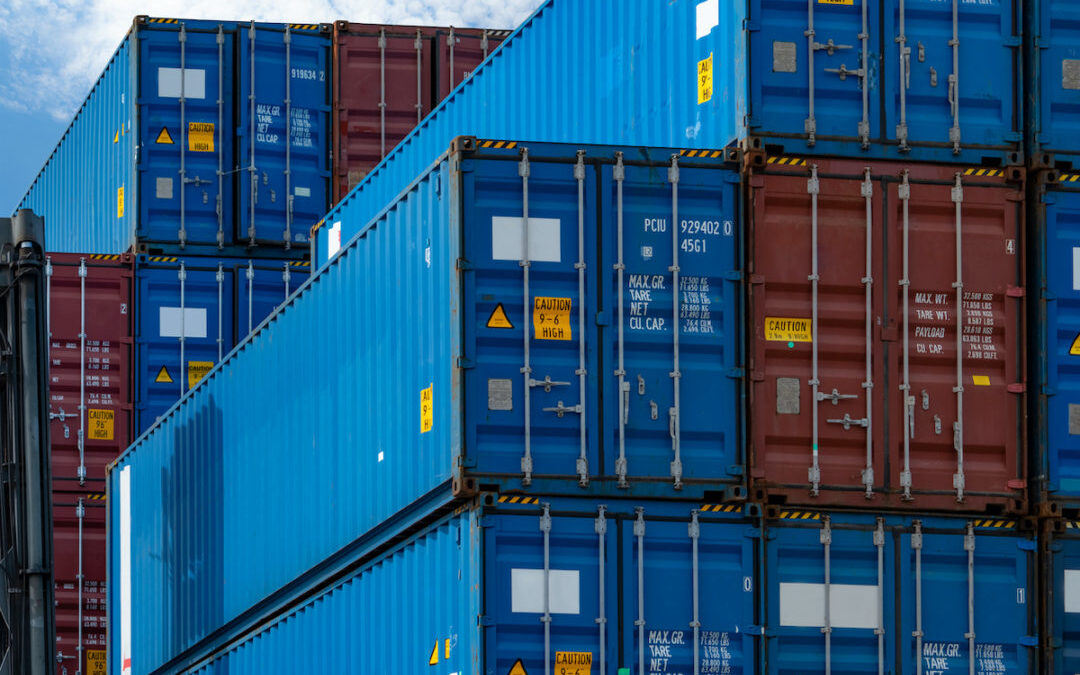Navigating the Rising Risk of Delays and Disruptions
Navigating the Rising Risk of Delays and Disruptions, Container Shipping Outlook 2024.
Container shipping has been the backbone of the global economy for decades, transporting goods across oceans and continents. It’s the lifeblood of global trade, driving connectivity, prosperity, and growth. However, the landscape of container shipping is as turbulent as the seas it navigates. The industry currently faces challenges from various fronts, from geopolitical uncertainty and environmental regulations to technological disruptions and the aftershocks of global events.
Impact of Global Events
In recent years, global events have thrust container shipping into uncharted waters. The COVID-19 pandemic has sent shockwaves through the industry, causing unprecedented delays and disruptions. Traffic jams of container ships at major ports, skyrocketing freight costs, and the Suez Canal blockage are just a glimpse of the turbulence encountered.
Moreover, the industry is grappling with economic uncertainties, fluctuating fuel prices, escalating trade wars, and increasing environmental regulations. Climate change is also a growing concern, with extreme weather events posing significant risks to shipping routes and operations.
Predicted Trends for 2024
As we sail towards 2024, the container shipping industry will likely face further challenges and opportunities. We anticipate a shift in trade routes as economies rebound and trade patterns evolve. The Asia-Pacific region, particularly Southeast Asia, is poised for substantial growth.
Demand is expected to remain strong, driven by e-commerce and the global economic recovery. However, the industry must brace itself for stricter environmental regulations, which could impact operational costs and necessitate investments in greener technologies.
Strategies to Mitigate Risks and Disruptions
To navigate these stormy seas, logistics managers and supply chain professionals will need to embrace strategic planning and risk management. Here are some strategies to consider:
1. Diversification: Avoid relying heavily on a single supplier, port, or carrier. Diversify to create a flexible and resilient supply chain that can weather disruptions.
2. Collaboration: Collaborate with stakeholders across the supply chain. Shared information can lead to improved decision making and problem-solving.
3. Contingency Planning: Prepare for unexpected events. Have backup plans in place, including alternative suppliers, carriers and transport modes.
4. Proactive Monitoring: Use advanced tracking systems to monitor cargo movement. Early alerts can help manage delays and re-route cargo if necessary.
Technological Advancements in Container Shipping
Technology is the beacon guiding the container shipping industry towards a more efficient and transparent future. Innovations like automation, the Internet of Things (IoT), and blockchain are revolutionizing the industry.
1. Automation: Automated ports and vessels can increase efficiency, reduce costs, and mitigate human error.
2. IoT: IoT devices provide real-time tracking of containers, enhancing visibility and aiding in proactive decision-making.
3. Blockchain: Blockchain technology can streamline documentation processes, boost transparency, and reduce fraud.
These technologies, combined with data analytics, can provide valuable insights to optimize operations, enhance customer service, and drive growth.
Conclusion
As we chart a course towards 2024, the container shipping industry remains at the mercy of global events, shifting economic tides, and regulatory waves. However, with proactive risk management, strategic planning, and the adoption of advanced technologies, logistics managers and supply chain professionals can navigate these challenges and ensure smooth sailing for global trade.
The importance of staying informed, agile, and adaptable has never been greater. Industry professionals must continue to keep a keen eye on the horizon, adapting to changes, and steering their organizations towards success.
Case Study: Maersk’s Digitization Drive
Maersk, a global leader in container logistics, offers a shining example of embracing technology to improve operations. They’ve launched a digital platform, TradeLens, in collaboration with IBM. The blockchain-enabled platform enhances visibility and efficiency across the entire supply chain. It demonstrates how technological innovation, coupled with a proactive approach, can transform challenges into opportunities in the container shipping industry.

